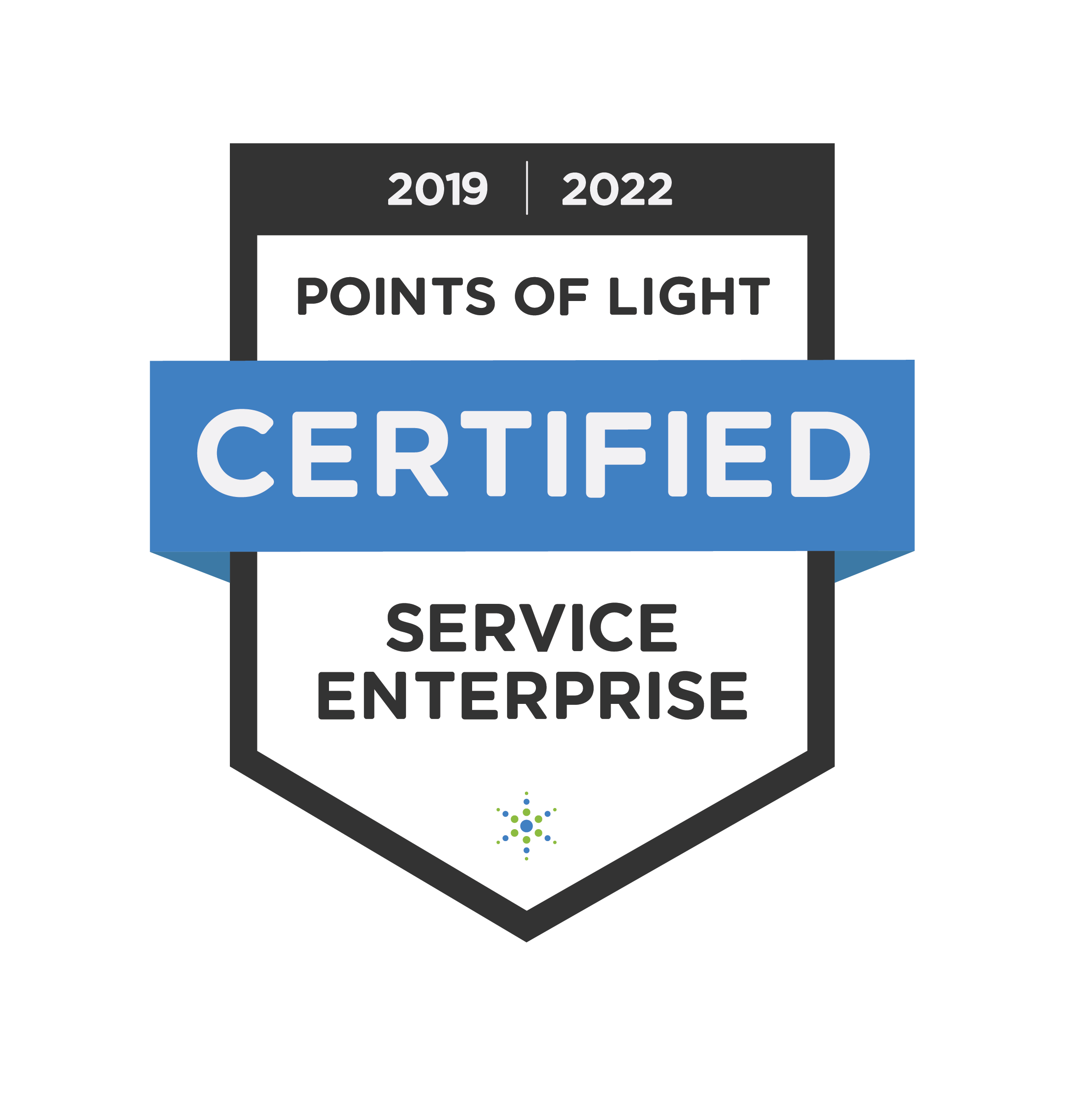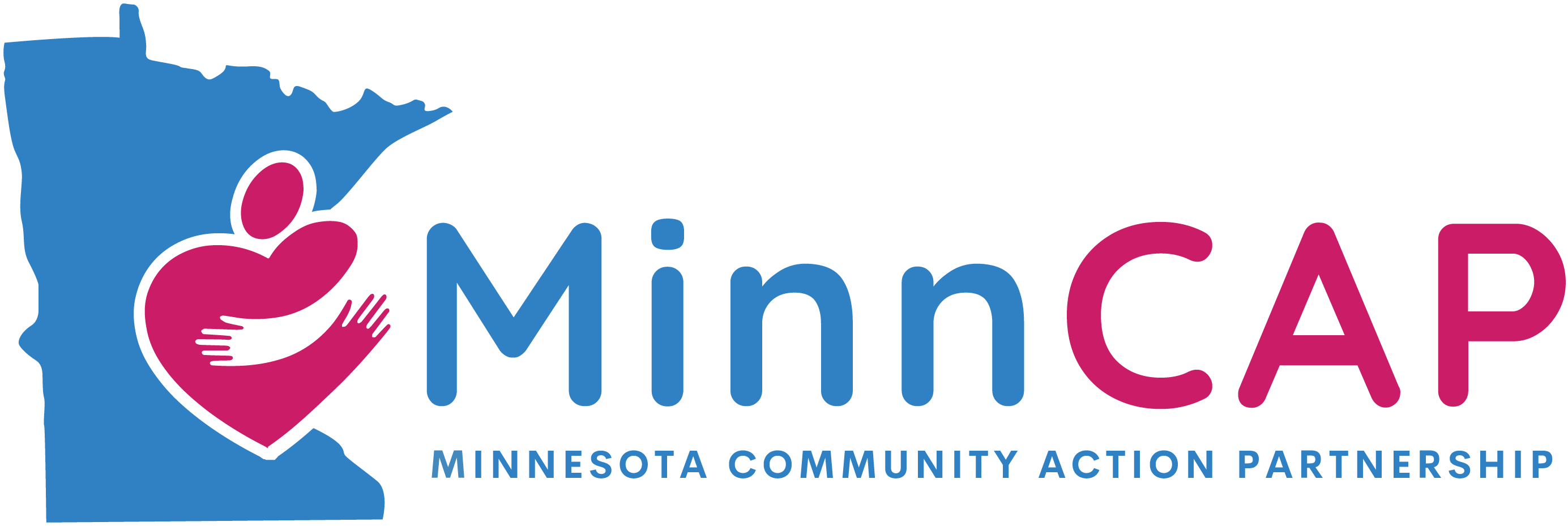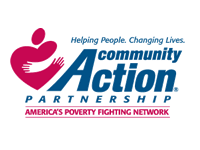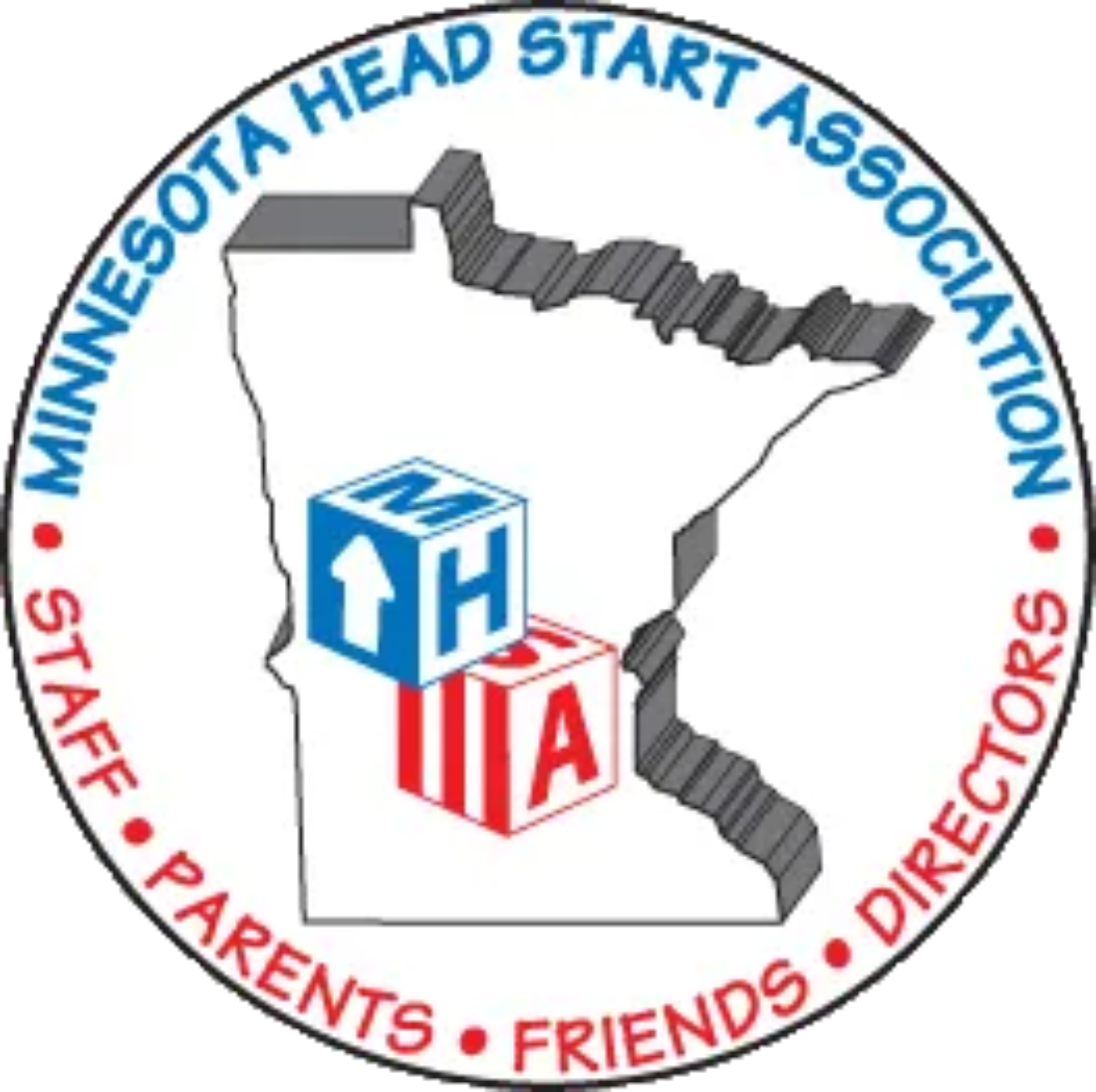March 14, 2019 | Vol. 6 No. 7
On the whole, however, government policy continues to adhere to the Social Darwinist conviction that the wealthy are most deserving because they are wealthy, and the only reason poor people are poor is because of some personal flaw.
— Kathryn Joyce
(Many Minnesota parents) point to 2016 state data showing that African-American children are more than three times more likely than white children to be reported to child protection and removed from their homes. American Indian children were nearly 18 times more likely to be removed than white children.
— Chris Serres
The previous installment of this column explored, in part, what many scholars and activists have long termed “the criminalization of poverty.” And, in spite of the fact that being poor is not a crime, America tends to treat people in poverty as though it were.
Last month, The New Republic elevated this discussion with a feature story titled “The Crime of Parenting While Poor.” The article, penned by award-winning journalist Kathryn Joyce, is a deep dive into New York City’s Administration for Children’s Services (ACS) and the disparate removal of poor children (particularly children of color) from their homes.
Joyce writes, “The ten neighborhoods with the highest number of ACS cases… also represent the lowest incomes, highest unemployment, and greatest income-to-rent disparities in the city… They’re also inhabited predominantly by people of color.
Although such disparities have long existed, things only seem to be getting worse. Law professor and leading authority on child and family welfare Martin Guggenheim states, “Now you say, ‘ACS is on the grounds,’ and people flee. That’s one of the saddest parts: This is a helping agency, meant to support poor families, and the parents are terrified of the very agency whose charge is to support them.”
The New Republic piece is eerily parallel to a series of periodic stories that began in The Atlantic a few years back and has continued into 2019. Both publications note as well that these issues are not endemic to cities such as New York. In Illinois, where the size of the foster care system has increased by nearly 50 percent in the last quarter century, “children are more likely to end up in state custody than anywhere else in the United States.”
Nine-term U.S. Representative Gwen Moore of Wisconsin, who temporarily lost her own child to foster care while in college, recalled her own experience recently, stating, “I went through the system and was humiliated and mistreated. I see that there is a deliberate effort to destroy these families.”
In 2018, Moore introduced House Resolution 6233 before Congress, also known as the Family Poverty is Not Child Neglect Act. And, during the course of the same year, there was a litany of coverage locally and nationally about rampant race and class disparities in Minnesota’s child welfare system, which ultimately resulted in a federal lawsuit against the state.
In all fairness, it cannot be overlooked that there have been high profile cases, both here and across the nation, where repeated claims of abuse weren’t properly investigated, resulting in the death of a child. After one such case in Minnesota, the number of reports screened by Children and Family Services rose by nearly 11,000 over a two-year period, an increase of approximately 55 percent.
Now, I can’t think of anything more imperative than protecting a child from abuse or neglect. Nor can I imagine too many scenarios more harrowing than the investigation of alleged child maltreatment, for both the family and investigators themselves. No system is perfect, and the health and wellness of children must always take precedence.
And yet, the disproportionate exposure to child and welfare services based on race and class is too obvious to ignore. This is especially true when abuse and neglect know no demographic boundaries.
As with most everything when it comes to race and poverty, bias, whether institutional or individual, is an onerous burden to overcome. Data suggest that each year thousands of children are wrongfully removed from their homes and entered into the foster care system.
“Moreover,” as Joyce notes, “children who are placed in chronically overtaxed foster care programs experience long-lasting trauma and, as studies have shown, far higher risk of teen pregnancy, incarceration, unemployment and homelessness compared to children who are left in families with similar problems.”
Without question, this is a complex issue. Still, as we continue in our quest to stamp out poverty and discrimination, we must find a way to make this system better, fairer. Our children are depending on us.









